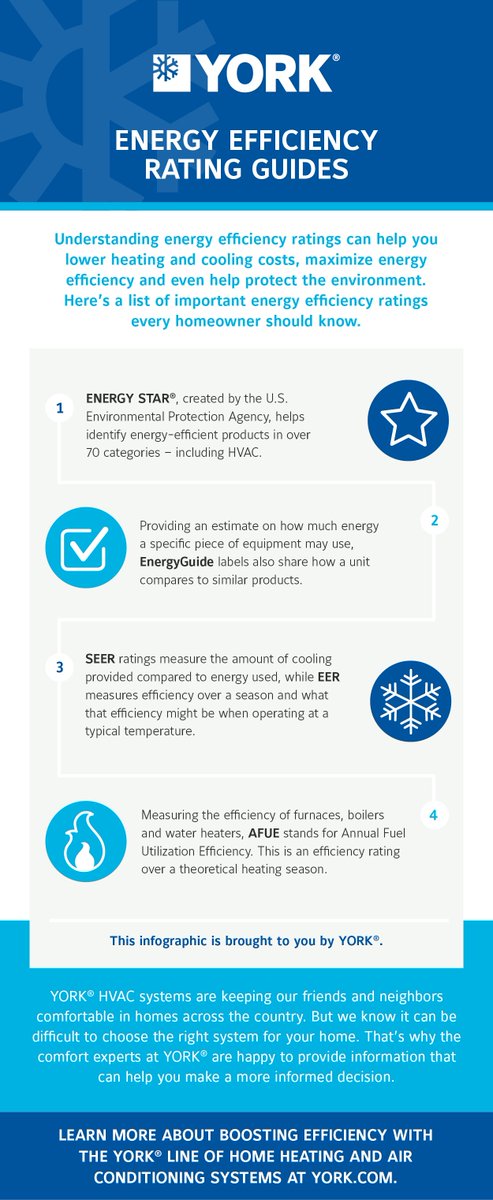Just How Weather Elements Influence Heat Pump Procedures And Practical Steps To Address These Obstacles
Just How Weather Elements Influence Heat Pump Procedures And Practical Steps To Address These Obstacles
Blog Article
click the up coming web site -Tuttle Sahl
When it involves your heatpump, weather condition plays a vital role in its efficiency. From freezing temperature levels to sweltering heat, each aspect can affect how efficiently your system runs. Yet what can you do to battle these weather-related challenges and ensure your heat pump is operating at its finest? Keep tuned to uncover see post and techniques to enhance your heatpump's performance, despite the weather it encounters.
Weather Condition Elements Affecting Heat Pump Efficiency
Weather condition factors have a substantial influence on the efficiency of heat pumps. One crucial factor is temperature. Heatpump work by moving warmth from outdoors to within during wintertime and vice versa in summer. As temperature levels decrease, it comes to be harder for the heat pump to extract heat from the outdoors air, lowering its effectiveness.
One more key element is humidity. High moisture levels can make it much more challenging for the heatpump to release heat throughout the cooling process.
Furthermore, wind rate contributes. Strong winds can dissipate the warmth soaked up or launched by the heatpump, impacting its general efficiency.
Tips for Optimizing Heatpump Performance
To boost the effectiveness and long life of your heat pump, executing a few vital methods can make a substantial distinction in its performance.
To start with, make certain routine maintenance by cleansing or changing filters every 1-3 months to stop air movement obstructions and make best use of air movement. In addition, schedule annual professional evaluations to spot and attend to any type of potential issues early on.
Optimal thermostat setups likewise play a critical role. During the winter season, aim for a temperature setup that's as reduced as comfy, and during the summertime, established it as high as comfortable to decrease the work on your heatpump. Utilizing a programmable thermostat can aid you automatically change setups based upon your routine.
Furthermore, securing leakages in ductwork and insulating air ducts in unconditioned areas can stop energy loss and improve total system effectiveness.
Finally, think about setting up a wise thermostat that can learn your routines and readjust settings accordingly, further enhancing your heat pump's performance. By adhering to these tips, you can ensure your heatpump runs successfully and properly throughout the year.
Best Practices for Weatherproofing Your Heat Pump
For ideal efficiency and effectiveness of your heatpump, implementing weatherproofing actions is vital. Start by sealing any type of voids or cracks around doors, home windows, and ductwork to stop warm loss and preserve a consistent interior temperature level.
Insulate revealed pipelines and air ducts to stop cold during cold weather and make sure proper air movement. Take into consideration installing a protective cover over the outside device to protect it from severe weather components like snow, ice, and debris.
Consistently clean the exterior device to remove dirt, leaves, and particles that can obstruct air flow and decrease performance. Furthermore, maintain the location around the heatpump clear of snow, ice, and greenery to permit appropriate ventilation.
Verdict
Now that you comprehend exactly how climate impacts your heatpump performance, you can take proactive actions to maximize its effectiveness. By visit this website to the ideas outlined in this short article, such as normal maintenance, thermostat modifications, and weatherproofing procedures, you can ensure that your heat pump operates at its ideal despite the climate condition. Keep ahead of the game and maintain your home comfy all year round.
